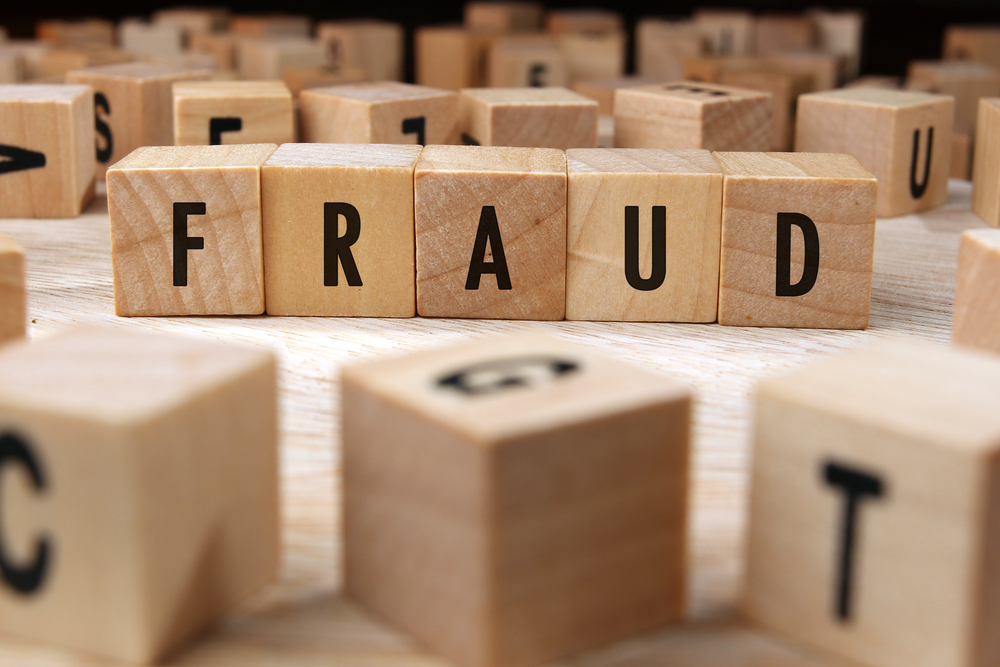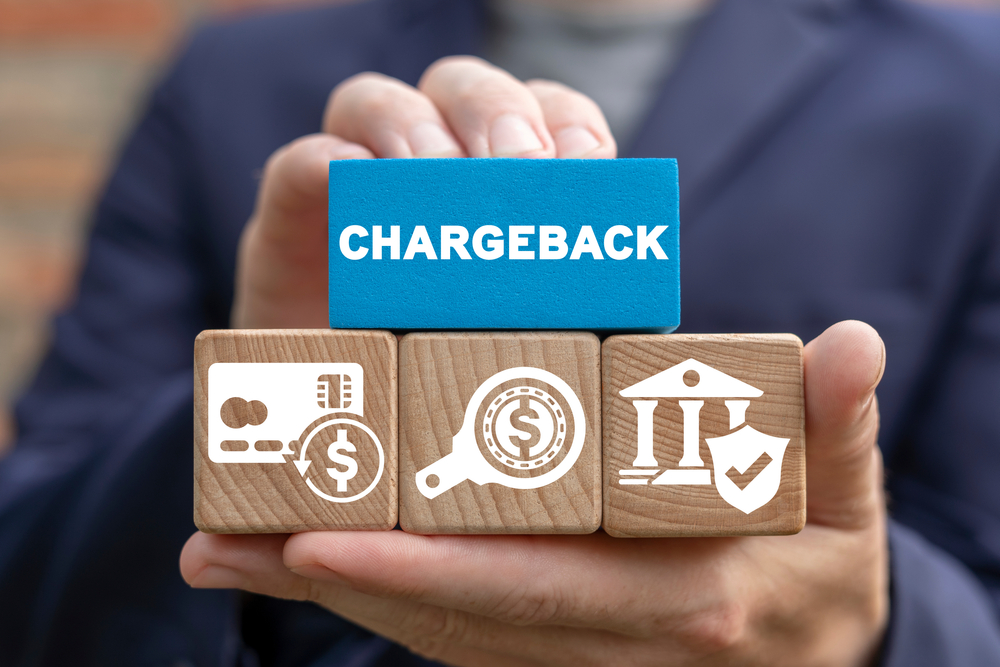Any company that accepts credit or debit card payments is at considerable risk from chargebacks, which can reduce profitability through lost sales, income, and chargeback fees. They result from fraudulent charges, merchant error, customer forgetfulness, and misplaced packages, among other things. Fortunately, merchants can protect themselves against chargebacks and chargeback fraud by using chargeback protection services.
Chargeback Protection
Chargeback protection is any technology or service put in place to help merchants reduce the financial damage caused by chargebacks. They assume responsibility for unauthorized transactions or fraudulent disputes. Multiple chargeback protections are frequently included in these services, such as fraud monitoring tools that can spot transactions that have a high chance of being fraudulent, and a dispute support system that can assist merchants in successfully disputing any fraudulent charges they may encounter.
The specific details of their services and policies can differ substantially from one provider to another. Some services, depending on the provider, will also litigate disputes on behalf of your company.
What is a Chargeback?
A chargeback is the reverse of a card transaction made by a cardholder’s bank when a cardholder disputes a charge on their account. Banks normally review the transaction of a cardholder when the cardholder contacts them to dispute a charge on their account, and if the cardholder’s complaint is legitimate, the bank will charge the merchant back for the amount of the disputed transaction, and return the money to the cardholder without the merchant’s consent. A reason code is assigned to each chargeback to make it distinct why a chargeback was requested.
Cardholders initiate chargebacks, banks scrutinize them, and merchants cover the costs. As customers dispute transactions that don’t come under the specific problems that chargebacks are designed to address or register a claim without first contacting the merchant, chargebacks can be a major nuisance for the merchants who have to deal with them. A merchant may be subject to fines, increased chargeback fees, and possibly the termination of their merchant account if their chargeback ratio exceeds specific levels set by the card networks and other financial institutions with which they do business.
Types of Chargeback
A chargeback can be generally categorized into three types namely True fraud, Friendly fraud, and Merchant error.

- True Fraud: True fraud occurs when unauthorized charges are made to a credit card, most times using credit card information that has been compromised or stolen.
- Friendly Fraud: This happens when customers tag legitimate charges as fraudulent, and the charge is subsequently reversed. It might have been done intentionally or mistakenly. Friendly fraud chargebacks frequently pass for True fraud chargebacks since the consumer claims that they didn’t authorize the charge.
- Merchant Error: This occurs when the merchant makes an error that led to the chargeback, such as charging an incorrect price, charging the customer twice for the same item or shipping the wrong item.
Types of Chargeback Protection Services
There are three types of chargeback protection services. To provide comprehensive chargeback protection for merchants across the whole transaction process, a chargeback protection system would often incorporate parts of all three types. Each type has its benefits and limitations and can be an important part of a chargeback management system.
1. Chargeback Alerts
This system immediately alerts merchants about disputes, giving them enough time to correct any misconceptions before a chargeback occurs. Merchants can receive real-time alerts for all chargebacks lodged when enrolled in an alert service offered via the Ethoca alert system or Verifi networks. Chargeback alerts only work if you have functional staff 24/7 to respond to them.
Merchant has two options once an alert is triggered; either accept the chargeback and brace themselves for chargeback resentment or start a return payment to avoid the fees and other effects of a chargeback. This can lower the rate of chargebacks, and prevent extra costs and reputational damage that usually follow disputes. Rapid Dispute Resolution, a feature of Verifi, lets merchants define guidelines for automatically issuing refunds.
Usually, a return payment is the preferred option. Refunds don’t boost your chargeback percentage, and customers are less likely to leave negative reviews after receiving a refund. Therefore, issuing a return payment to customers who open disputes can safeguard both your company’s finances and reputation.
Chargeback alert service guarantees that chargebacks don’t reoccur from any dispute to which a merchant responds by issuing a refund. Even though you will still have to pay a fee for each chargeback alert you receive, chargeback alerts are a very efficient approach to reducing your chargeback rates.
2. Chargeback Deflection
Chargeback deflection is aimed at preventing fraudulent transactions from being disputed. Many chargebacks for friendly fraud result from misconceptions, which might be caused by a delay in delivery, a misunderstanding, forgetfulness, or a cardholder’s preference to work with their bank rather than the merchant.
Ethoca’s Consumer Clarity (Mastercard) and Verifi (Visa card) offers the two main chargeback deflection services known as Consumer Clarity and Order Insight respectively. When a cardholder contacts issuing banks’ customer service agents with a dispute, these systems enable them to look up transaction details and interact with the customer relationship management system of the merchant. Chargeback deflection can occasionally provide information to issuing banks that aid in the detection of fraudulent chargebacks and determine the validity of the customer’s claim.
Although chargeback deflection requires more intricate integrations than other types of chargeback protection services, it can be a crucial aspect of an efficient chargeback fraud protection strategy because chargeback fraud is the primary cause of chargebacks that merchants get.
3. Chargeback Guarantees
Chargeback guarantees are insurance policies that guarantee to cover merchants’ losses in the event of a fraudulent chargeback as well as protect them against fraud chargebacks. Chargebacks are approved or denied by the issuer of chargeback guarantee services using sophisticated algorithms. The issuer of the guarantee will pay any related fees as well as any additional fees incurred in defending against a fraudulent chargeback if it is not effectively prevented.
Chargeback guarantees are a useful tool for preventing fraud, but they have some limitations. They frequently include fine print that excludes chargebacks with a non-fraud reason code from coverage and will only reimburse merchants for the cost of the product up to a specific amount. They may also have conditions that must be met, including delivery confirmation, for a transaction to qualify for coverage.
Chargeback guarantees do, of course, come with a price. They increase the price a merchant pays per transaction, either by charging an extra fee for each purchase or under the payment platform’s having a higher transaction fee by design. Even though paying for cash-back protection services is expensive, doing so is worthwhile when weighed against the long-term effects of excessive cashback rates, as well as the time and money, spent battling them. The best chargeback protection services can protect you from these dealings and combat chargebacks as they arise or even before they do.
With EMB Chargeback Shield, you are guaranteed an exceptional chargeback protection service. This specialty chargeback suite defends your account. It does not only monitor and track your chargebacks but also alerts you whenever you have a chargeback filed against you. EMB in partnership with Cardholder Dispute Resolution Network (CDRN) powered by Verifi and Ethoca has used its eMerchantBroker Chargeback Shield, to reduce merchant chargebacks by 15-30%.
How to Choose the Best Chargeback Protection for Merchant

Having discussed the types of chargeback protection, one will wonder, what then is the best chargeback protection? It will be unproductive to invest in a chargeback protection service that doesn’t deal with the bulk of your chargebacks, and there is no “one-size-fits-all” in chargeback protection. The type of chargeback protection service you need depends on why and from where you are getting chargebacks. It is important to take into account the degree of integration needed for the service provider’s solutions and the effectiveness of their customer support services before choosing a service.
Chargeback guarantees may be a more effective solution for merchants dealing with true fraud since they protect against losses resulting from fraudulent transactions. Chargeback alerts and deflection services can be a helpful approach to prevent disputes from occurring in the first place for Merchants who are dealing with friendly fraud. In the end, a merchant’s business model, risk tolerance, and overall chargeback management plan should determine the best chargeback protection service that is needed.
Many merchants decide to work with a chargeback management company to handle for them every aspect of their chargebacks. Chargeback management frequently takes on the responsibility of chargeback representation, handles integrations, offers round-the-clock alert monitoring, shows you the data and reporting that demonstrates the effectiveness of your various chargeback protection services, and also fights fraudulent chargebacks on your behalf to recover lost revenue. Investing in an exceptional chargeback management team can yield a significant return on your investment and boosting overall profits.
How to Protect Merchant Against Chargebacks
You cannot completely eliminate chargeback, but you can protect your business against it by following these steps.
- Request CCV Numbers For Transactions: As part of online transactions, customers should be asked to enter their card code verification (CCV) numbers as a strategy to track transactions with missing or incorrect security codes.
- Use Address Verification Service (AVS): This helps to cross-check customer addresses to see if the address entered during the transaction matches the one supplied by the credit card company. This can help you win the dispute made by a customer.
- Use Authentication Methods: In a step to create additional security and protect merchant from chargeback, authentication strategy like 3D secure was invented. It send merchant details like IP address and name for verification to issuing banks.
- Eradicate Merchant Error: Error associated with incorrect data entry and failure to get authorization can be prevented when the buying process is evaluated and chargeback triggers are fixed.
- Have an accurate Payment Descriptor in Place: Your payment descriptor should contain your business name and phone number in a way that customers can recognize it on their credit card bill or bank statement.
- Contact Information: Provide your email address and phone number to enable customers to reach you directly whenever they have any complaints. If your reply meets their satisfaction, they will not need to file a dispute.
- Track your Delivery: You can track your delivery to ensure goods are delivered with the use of shipping insurance.
Conclusion
Merchants must adopt a proactive approach to chargeback management to protect themselves since they cannot fully insulate themselves from all chargebacks. They should implement a chargeback protection strategy that will eliminate the risk associated with their high-risk business.
Save yourself and your business the hassle that comes with chargebacks and apply now for chargeback protection with eMerchantBroker for an effective chargeback management solution that will help you prevent chargebacks, reduce your chargebacks by 15-30%, keep track of your business, and get chargeback coverage.



